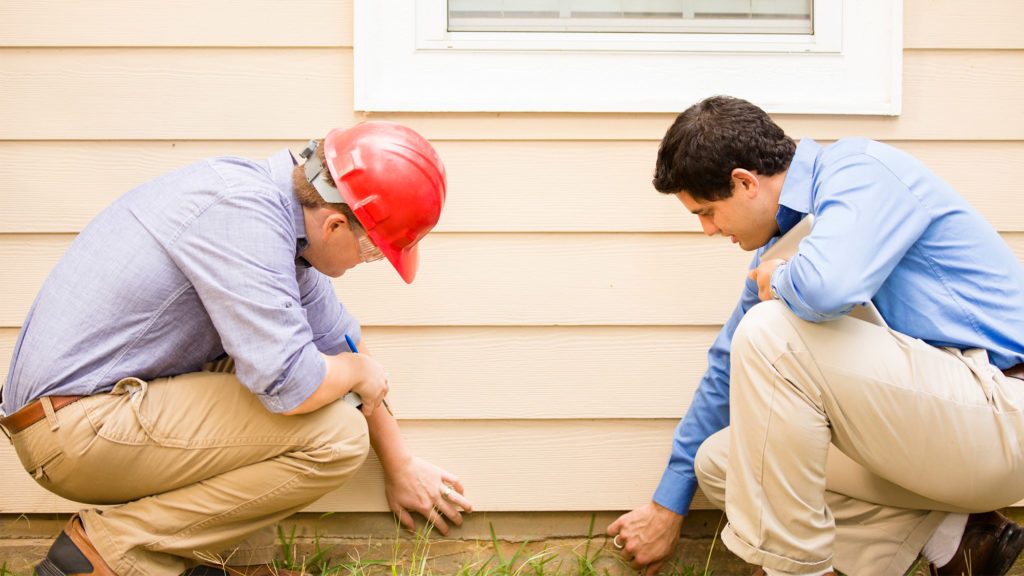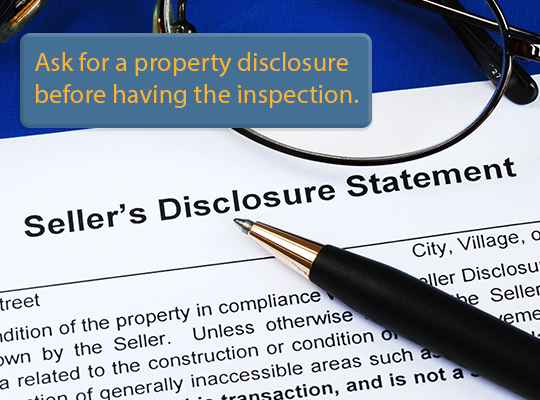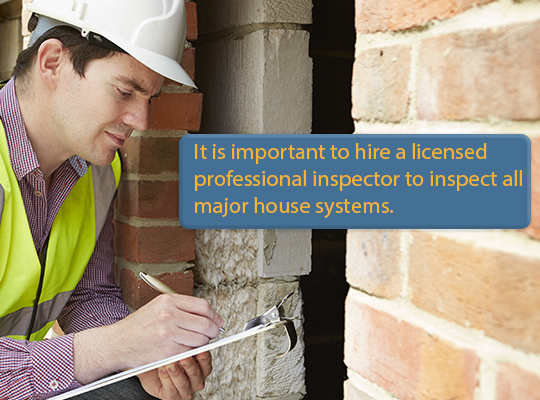Learn How to Choose a Home Inspector and Other Home Inspection Tips
Learn More About HomeMD Home Inspections
An important step in the home-buying process is How to Choose a Home Inspector. This should be included in your purchase contract as a condition of closing the sale. You should have one or more professional inspectors look for defects in the building’s structure, systems, and physical components. The land around the house should also be inspected for proper drainage, grading, retaining walls, and more.
HomeMD has tips on How to Choose a Home Inspector.
HomeMD Tip #1: Ask for a Property Disclosure
Ask for a property disclosure before having the inspection. This should help disclose any potential hazards or problem areas of the house. This report is not always completely accurate but can be a good tool for the home inspector to use to examine known problem areas.
Before making an offer on a home, you should make your own informal inspection. When a contract is made on the home, it is usually made contingent on the buyer’s approval of the home inspection results before closing the sale. The buyer is responsible for arranging and scheduling the inspection.
HomeMD Tip #2: Hire a Professional Home Inspector
It is important to hire a licensed professional home inspector to inspect all major house systems. Plan to accompany the home inspector during the examination. This is your chance to ask questions. This will also help you learn more about the maintenance systems and any problems that might be found. You will receive a written report with photos after the home inspection.
Find a home inspector that you trust to be thorough. The real estate agents will know inspectors to recommend. Your agent’s main interest is having the sale go through. The inspector they recommend may not be as thorough as you would like. Do your homework and find a home inspector that is certified, licensed, and professional.
Hire a Home Inspector From HomeMD
HomeMD Tip #3: Specialty Home Inspectors
You may need to have a specialty home inspection done. One of these would be for pests or termites. The pest inspector will look for infestation by wood-boring insects such as termites. Ask your home inspector if he is qualified for this inspection or if you need to hire a second inspector. The pest inspection can be an additional charge.
Other specialty inspections might include inspections for hazards from floods, earthquakes, and other natural disasters. A popular specialty home inspection is for environmental health hazards, such as mold, radon, asbestos, and lead. These inspections could prove necessary depending on the property location, age, and condition.
HomeMD Tip #4: After the Home Inspection is Completed
After having the home inspected, you can proceed with the purchase if the home inspector’s report shows the house is in good overall condition. If the home inspector’s report shows problems with the house, you can negotiate to have the seller pay for necessary repairs or to lower the purchase price. Another option would be to back out of the deal. Be sure you have this contingency written into the purchase contract.




